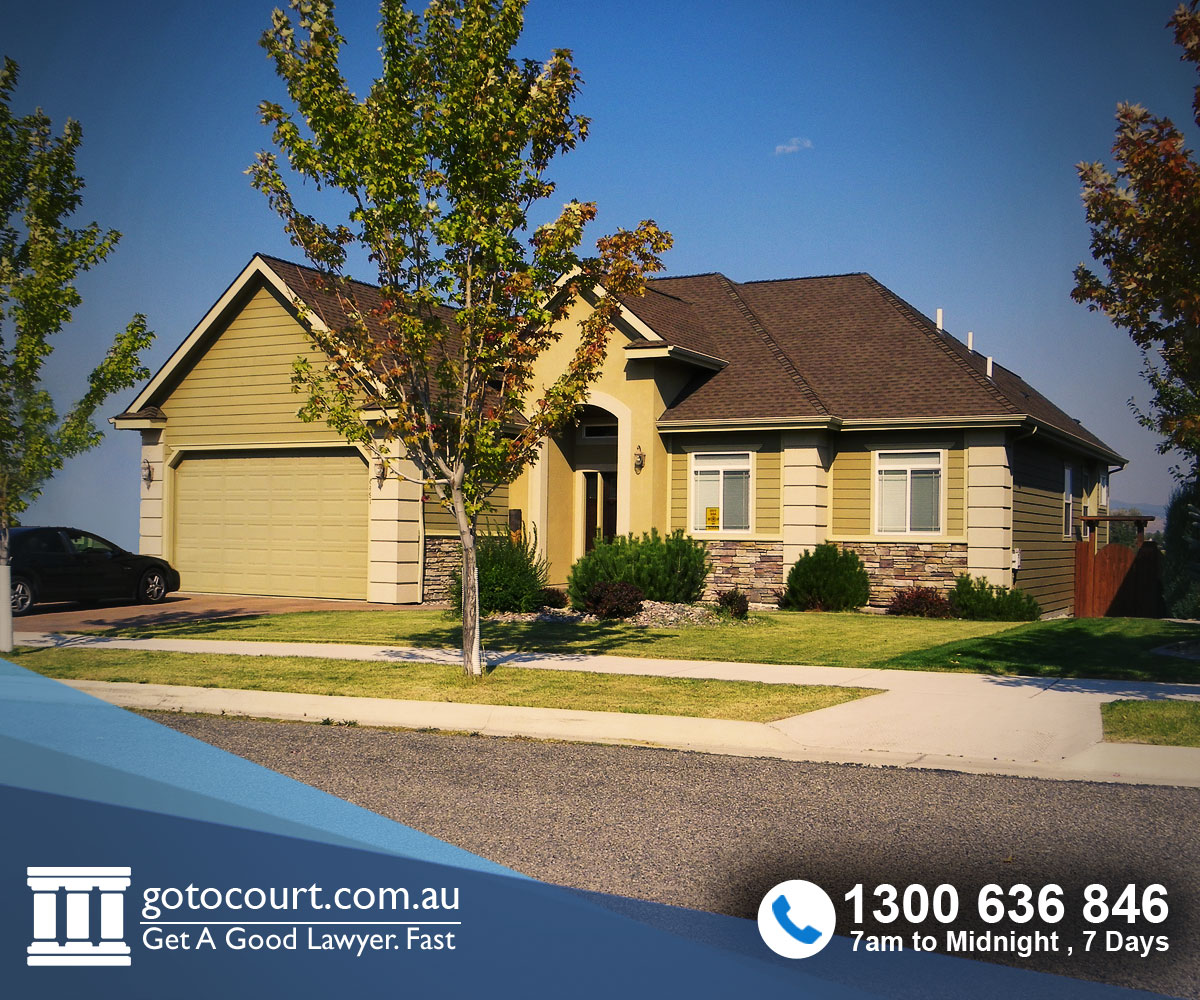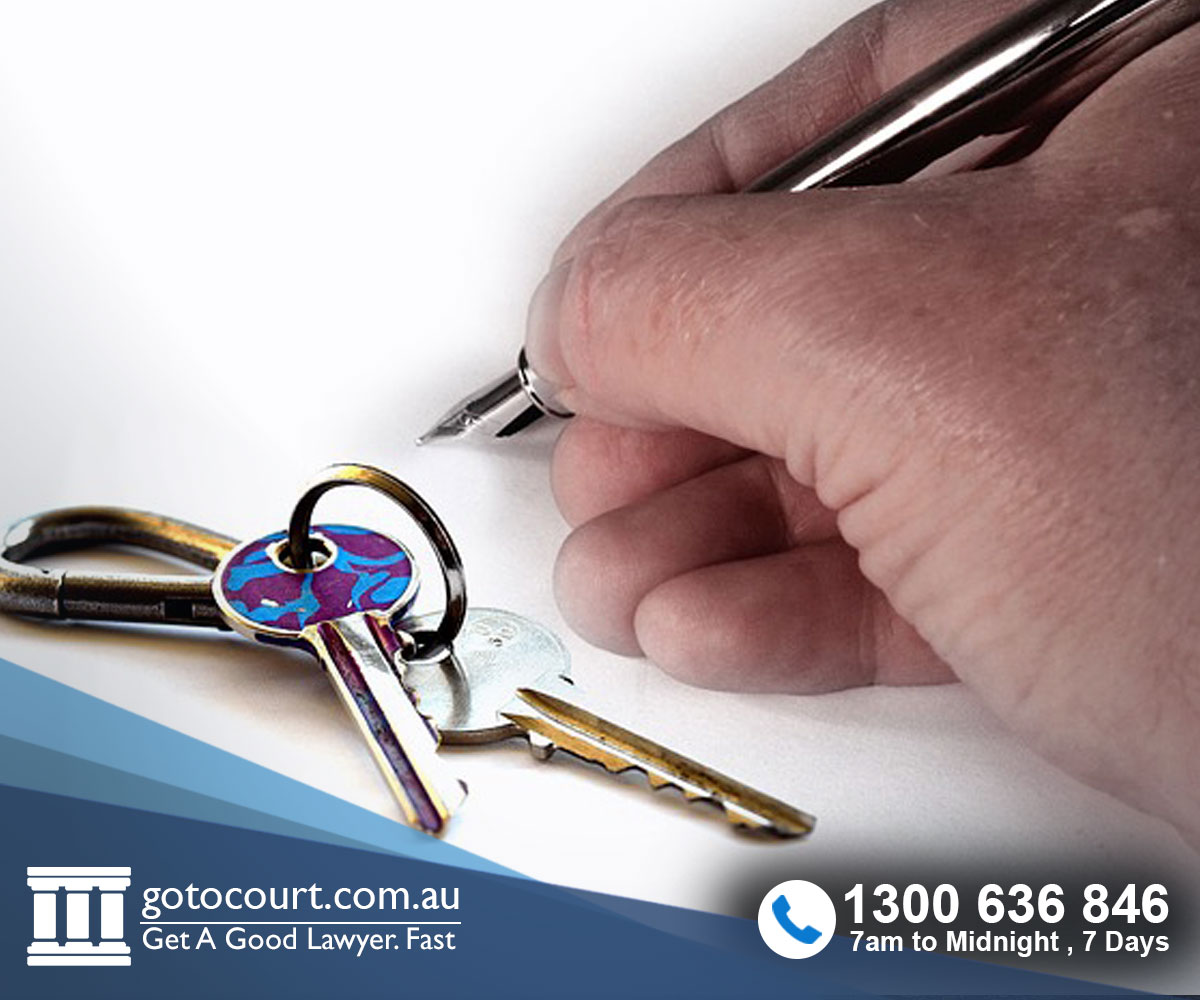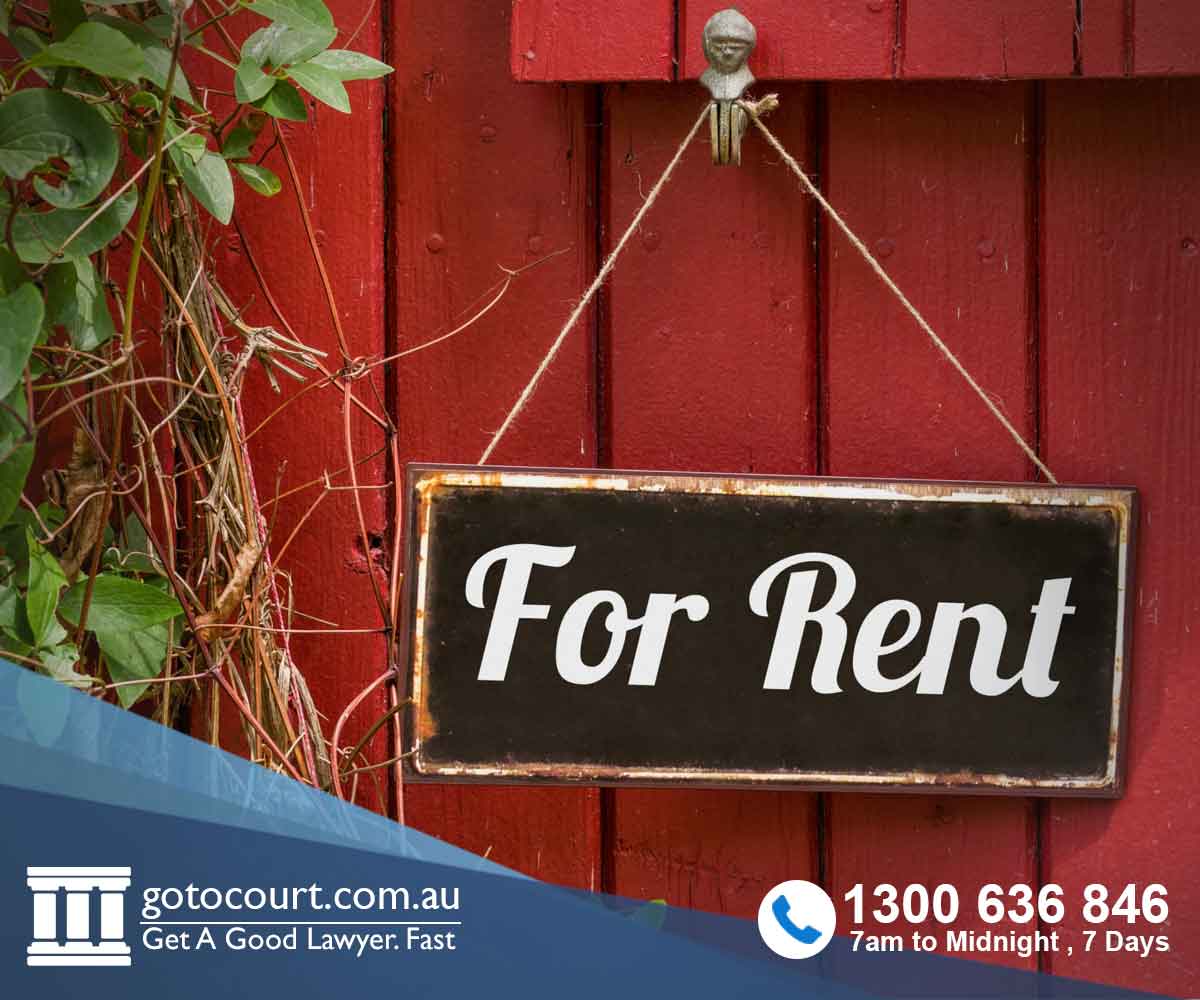Call our lawyers
now
or,
have our lawyers
call you
Breaking a Residential Lease (Qld)
Updated on Oct 31, 2022 • 6 min read • 880 views • Copy Link
Breaking a Residential Lease (Qld)
Residential leases in Queensland are governed by the Residential Tenancies and Rooming Accommodation Act 2008. The act sets out the circumstances under which a residential lease may be terminated and the procedure for termination. When a party is breaking a residential lease without a specific reason, the party terminating it may be required to pay compensation to the other party as they are breaking a contract.
Breaking a residential lease
Chapter 5 of the act lists the ways a residential tenancy can be ended. A tenancy can be ended without grounds at the end of a fixed-term lease or during a periodic tenancy or when both parties agree in writing to end the lease.
Breaking a residential lease can also occur when:
- the lessor gives a valid notice to leave and the tenant gives vacant possession of the premises;
- the lessor issues an abandonment termination notice, which is not challenged by the tenant;
- the tenant gives the lessor a valid notice of intention to leave and vacant possession of the premises;
- the Queensland Civil and Administrative Tribunal (QCAT) makes an order terminating the tenancy;
- a notice is received from a mortgagee and the tenant vacates or is removed from the premises;
- the (sole) tenant dies.
What if I just want to leave?
If you decide to leave because you just do not want to live at that property anymore, then you are breaking a residential lease without grounds. A lease is a legal document and exiting the property earlier than the date it states may mean you are required to pay compensation to the lessor. This may be in the form of continuing rental payments until a new suitable tenant is found or until the end of your lease.
If you are breaking a residential lease, you must lodge a Form 13 “Intention to Leave a Property” with the Lessor. The requirements for the information to be included on this form can be found under Section 327 of the Act.
If you are renting through a real estate agent there is also normally a “break lease fee” of one week’s rent and you will generally be responsible for the costs of advertising the property to find another tenant.
Excessive hardship
If you are in a position where you are no longer able to live in the property for financial or health reasons, you can make an urgent application to QCAT to break your lease on the basis of excessive hardship. The lessor can also make this application if they are no longer able to rent the property to you for financial or health reasons.
The provisions dealing with applications to terminate a tenancy for excessive hardship are found in Section 295 (for the lessor) and Section 310 (for the tenant). It is important to note that even where a lease is terminated because of excessive hardship, compensation may still be ordered to be paid to the other party.
Warrant of possession
If the lessor’s application to end the tenancy is successful, a warrant of possession may be issued by QCAT for the lessor to regain possession of the property. This warrant gives authorisation to police to enter the property from three days from the date of the order through to 14 days after the date of the order to give possession to the lessor and ensure the property has been vacated.
If a warrant of possession is issued QCAT must inform the tenant of this.
Mitigating loss
Under Section 362 of the Act, there is a duty to mitigate loss or expense when a lease is broken. When a party terminates a lease early, the other party must take all reasonable steps to mitigate the loss or expense and is not entitled to receive compensation for any loss or expense that could have been avoided.
Therefore, the lessor and the tenant must work together so the loss on both parties is minimal. For example, the lessor may request open inspections for prospective tenants. The tenant should make the property available and present it in a good clean condition for the prospective tenants.
The lessor and tenant should both advertise the property on internet sites such as gumtree and facebook in order to attract prospective tenants. The prospective tenant will still be required to apply for the property, but how the tenant is introduced to the property can be from either party. It is not the sole responsibility of the lessor to find a new tenant.
Will I lose my bond?
Breaking a residential lease does not necessarily mean that you will not get your bond back. The normal procedure for vacating a property still applies. The property must be left in the same condition detailed in the entry report. However, ‘fair wear and tear’ is allowed. It is best to ensure your entry condition report and exit condition report reflect the true condition of the property and take your own photographic evidence to show if required.
Disputes between lessor and tenant
If you are involved in a dispute about ending a lease, you can use the Residential Tenancy Authority’s conciliation service, which is governed by Chapter 6 of the Act. To initiate the conciliation process, you must lodge a Form 16 with the RTA. The service is free and the conciliators are impartial. The conciliators do not state who is right or wrong, or make any decisions but they open the lines of communication in order to try to resolve the issue. The service is voluntary, and only worthwhile if both parties are open to listening and negotiating. If the matter cannot be resolved by conciliation, or if the issue is not suitable for conciliation, then a “Notice of unresolved dispute” is issued and the matter is able to proceed through QCAT.
QCAT will hear the evidence and circumstances of both parties, and the Member has the power to make a judgement. The judgement can be appealed if a party believes there is an error in law or an error of fact.
If you require legal advice in a tenancy matter or in any other legal matter, please contact Go To Court Lawyers.

Affordable Lawyers
Our Go To Court Lawyers will assist you in all areas of law. We specialise in providing legal advice urgently – at the time when you need it most. If you need a lawyer right now, today, we can help you – no matter where you are in Australia.How It Works







1. You speak directly to a lawyer
When you call the Go To Court Legal Hotline, you will be connected directly to a lawyer, every time.


2. Get your legal situation assessed
We determine the best way forward in your legal matter, free of charge. If you want to go ahead and book a face-to-face appointment, we will connect you with a specialist in your local area.


3. We arrange everything as needed
If you want to go ahead and book a fact-to-face appointment, we will connect you with a specialist in your local area no matter where you are and even at very short notice.












